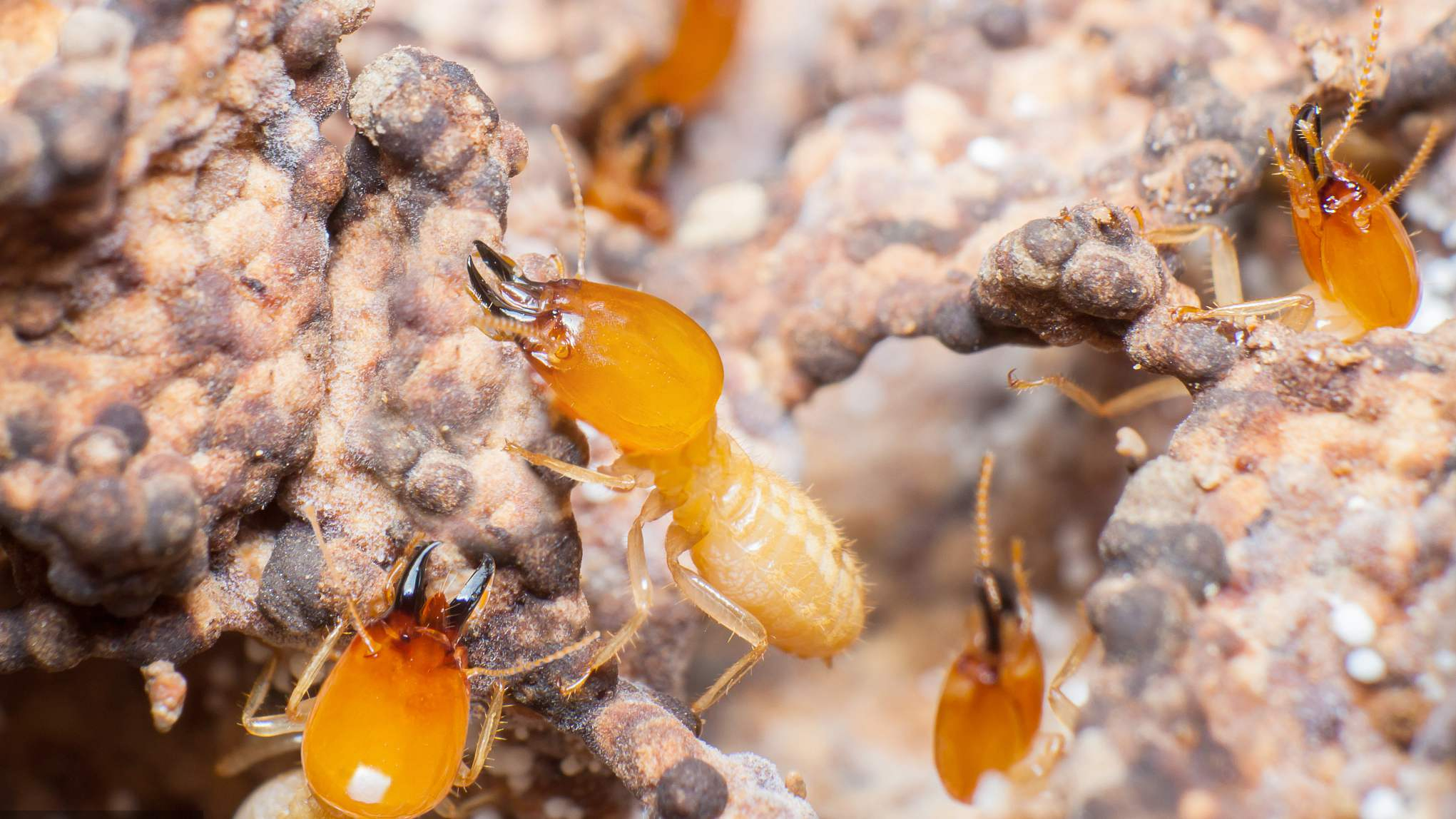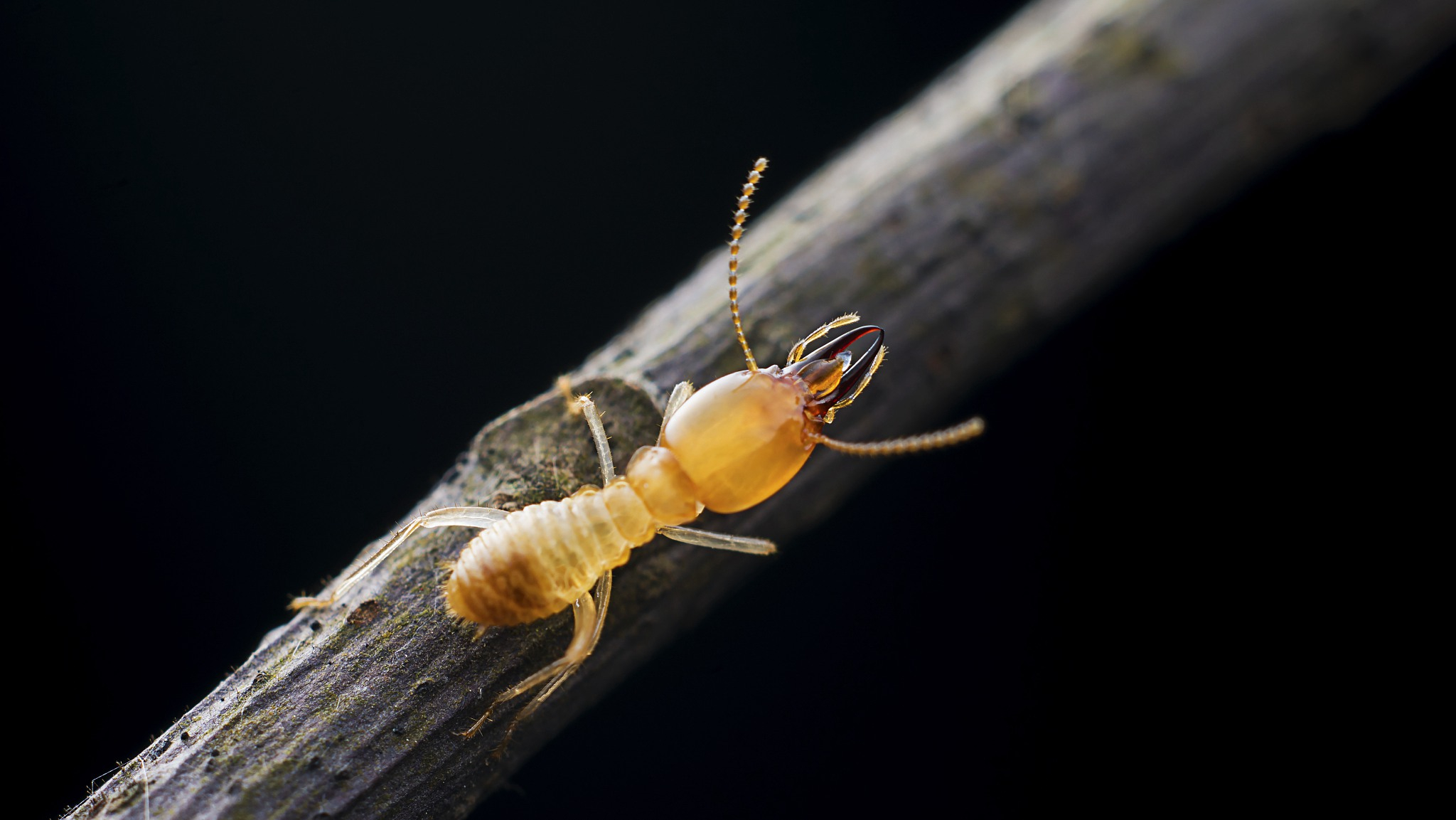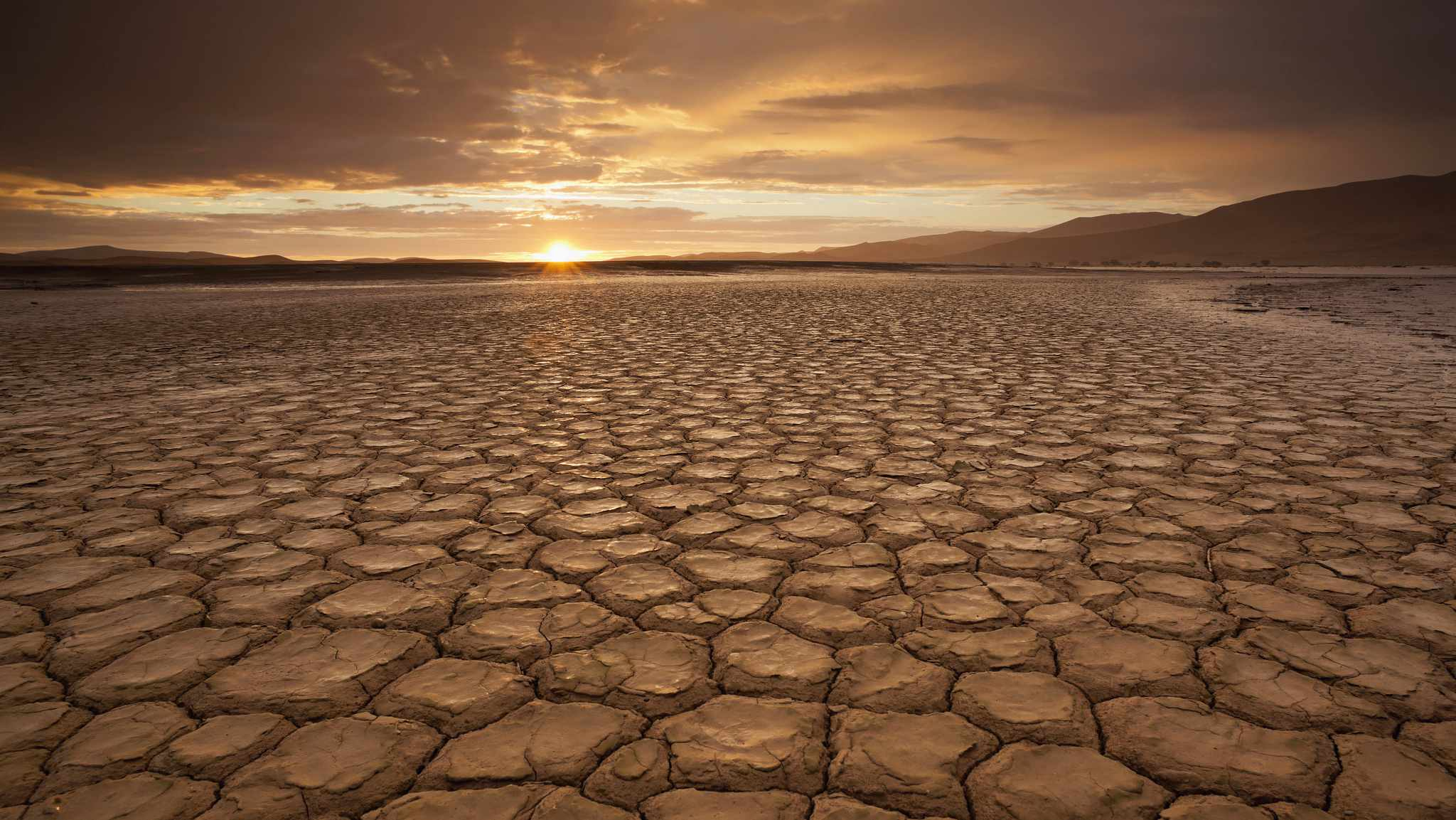
Nature
10:12, 12-Jan-2019
Termites can help reduce impact of drought
Updated
09:57, 15-Jan-2019
CGTN

A new study by international researchers has revealed for the first time that termites play a significant role in lessening the effects of drought in rainforests, showing once again that even the smallest players can have big effects on ecosystems.
Termites are among the most abundant animals in tropical rainforests and are one of the only living organisms able to break down the cellulose in plant material.
"The sheer quantity of termites suggests these insects have important roles to play in rainforest ecosystems, however what that role is has never been understood up until now," study co-leader and University of Western Australia Associate Professor Theodore Evans explained.

A closeup of a termite. /VCG Photo
A closeup of a termite. /VCG Photo
To conduct the study, the team removed termites from an area in Malaysian Borneo using baiting techniques, and then compared that patch to one with an unaffected amount of termites during the 2015-16 El Nino drought.
They found that the number of termites in the unsuppressed area grew during the droughts, and that throughout that time they created a higher rate of leaf litter decomposition and nutrient heterogeneity, as well as increased soil moisture and seedling survival compared with the non-drought period.
Termites need to live in moist conditions, meaning that during the drought they moved ground water to the surface soil, increasing soil moisture by 36 percent, and seedling survival rates by 51 percent.

Cracked pans of Sossusvlei below golden sunset, Sossusvlei, Namibia. /VCG Photo
Cracked pans of Sossusvlei below golden sunset, Sossusvlei, Namibia. /VCG Photo
"What we found was the termite activity doubled during drought with them eating up to 40 percent more leaf litter," Evans said.
"The digested leaf litter was then returned to the soil as nutrients, with termites affecting the distribution of several soil nutrients, including nitrogen compounds, potassium and other metals."
In a time when climate change is putting increased pressure on current world ecosystems, the results show how biological systems can interact to cope with external pressure.
"The study provides further evidence about the importance of conserving important natural ecosystems by understanding their biology so we can protect them in a time of rapid environmental change," Evans said.
Source(s): Xinhua News Agency

SITEMAP
Copyright © 2018 CGTN. Beijing ICP prepared NO.16065310-3
Copyright © 2018 CGTN. Beijing ICP prepared NO.16065310-3